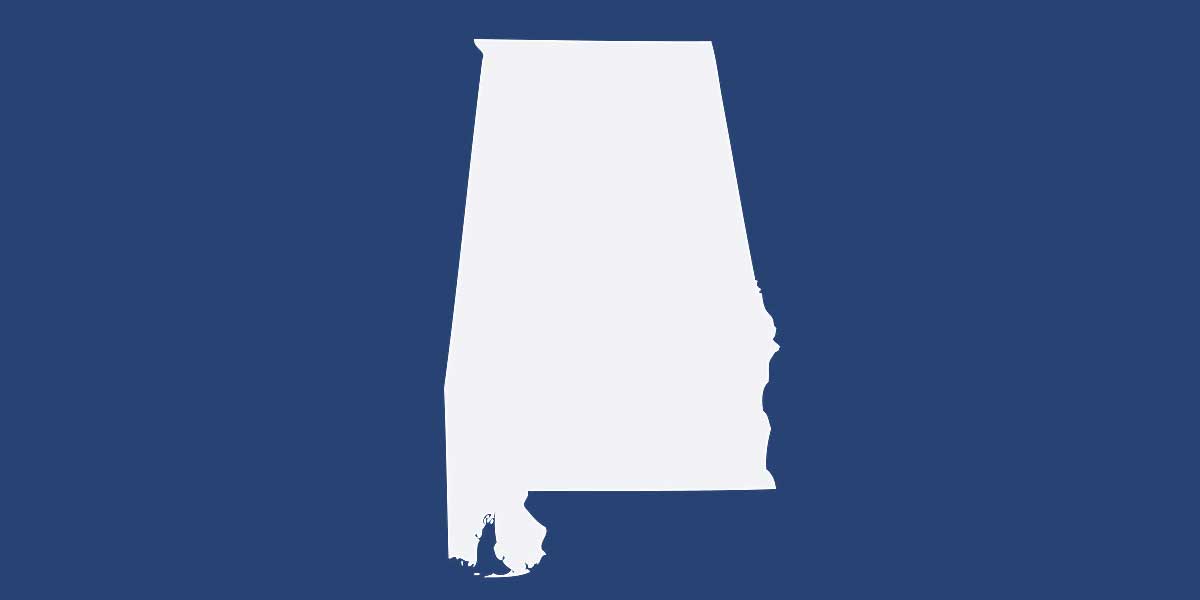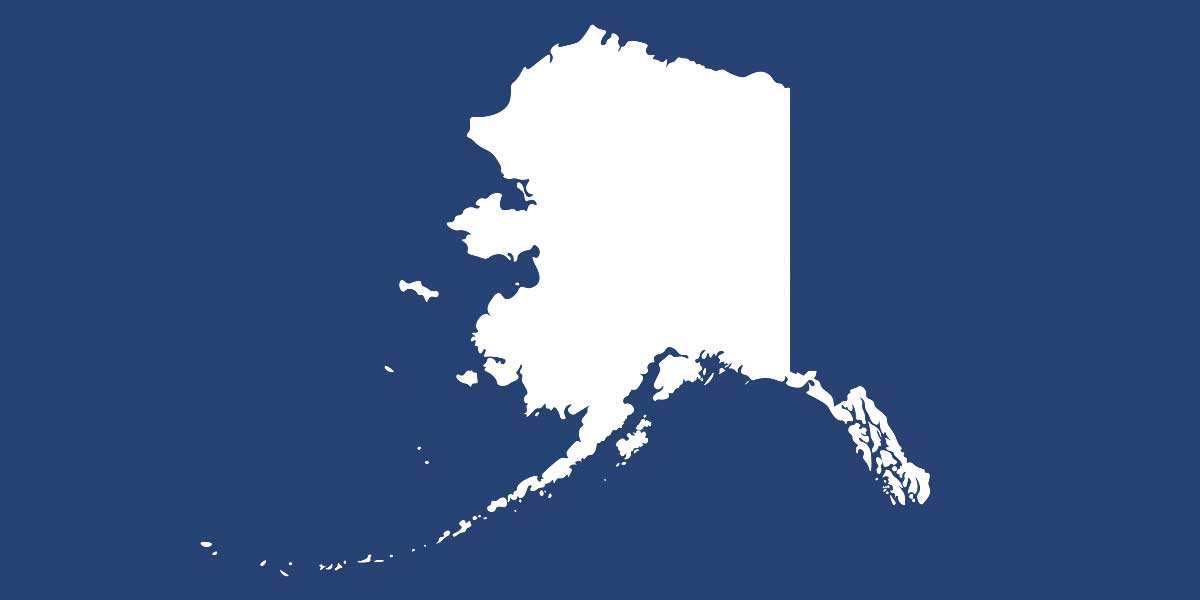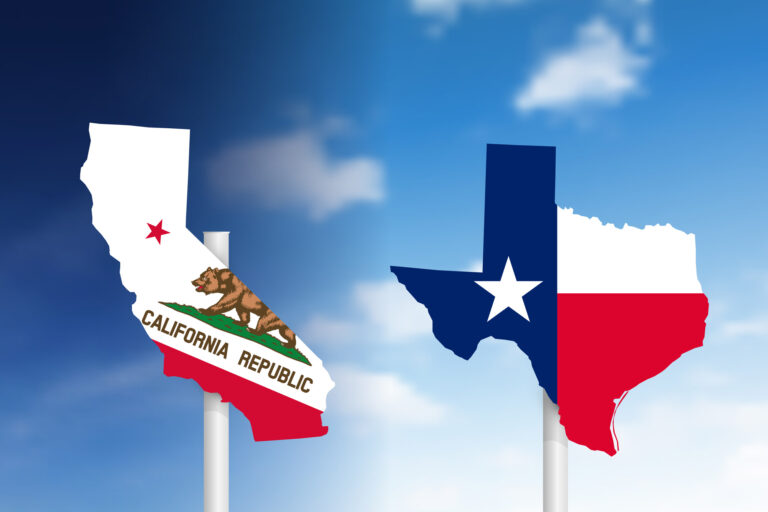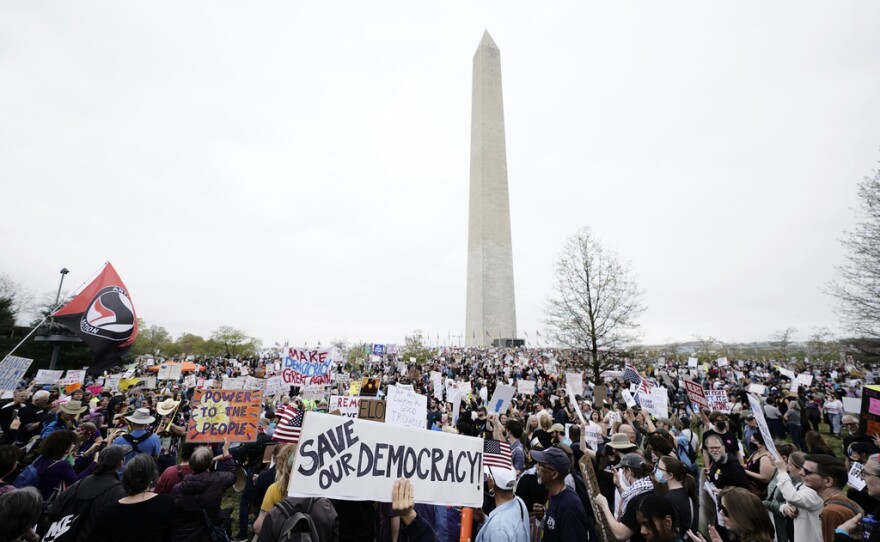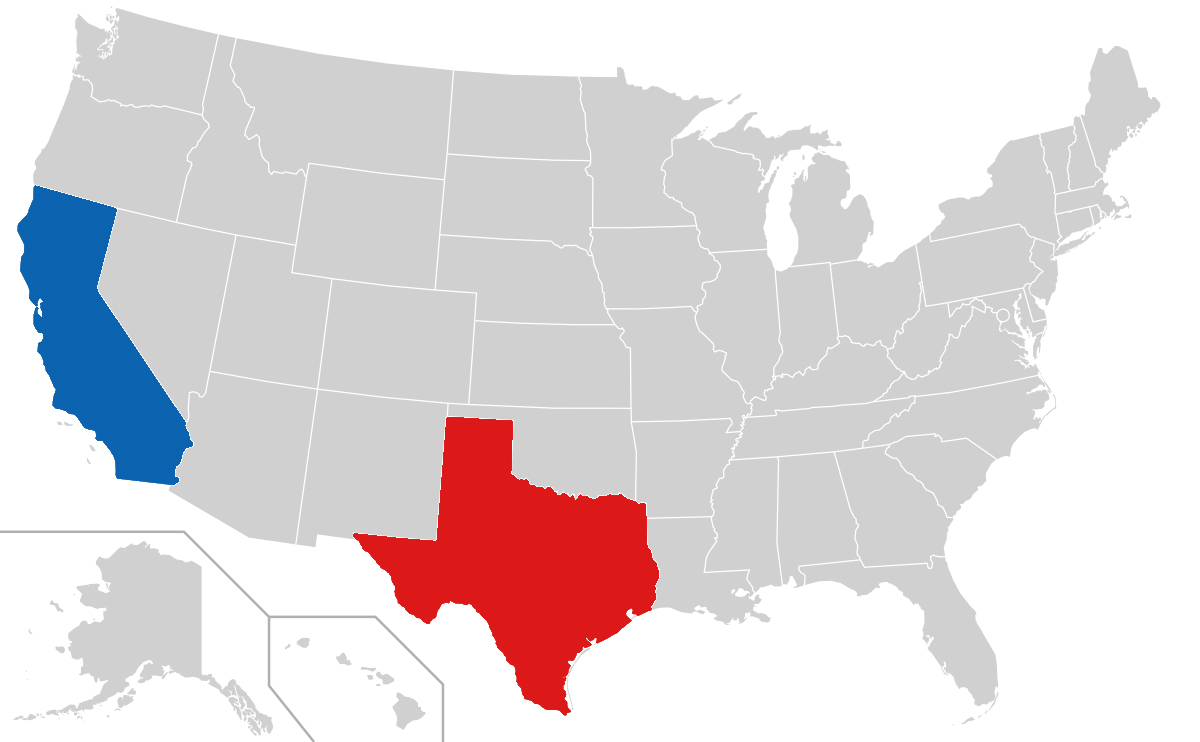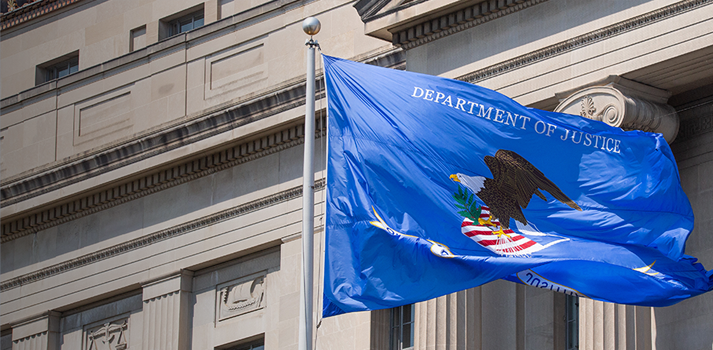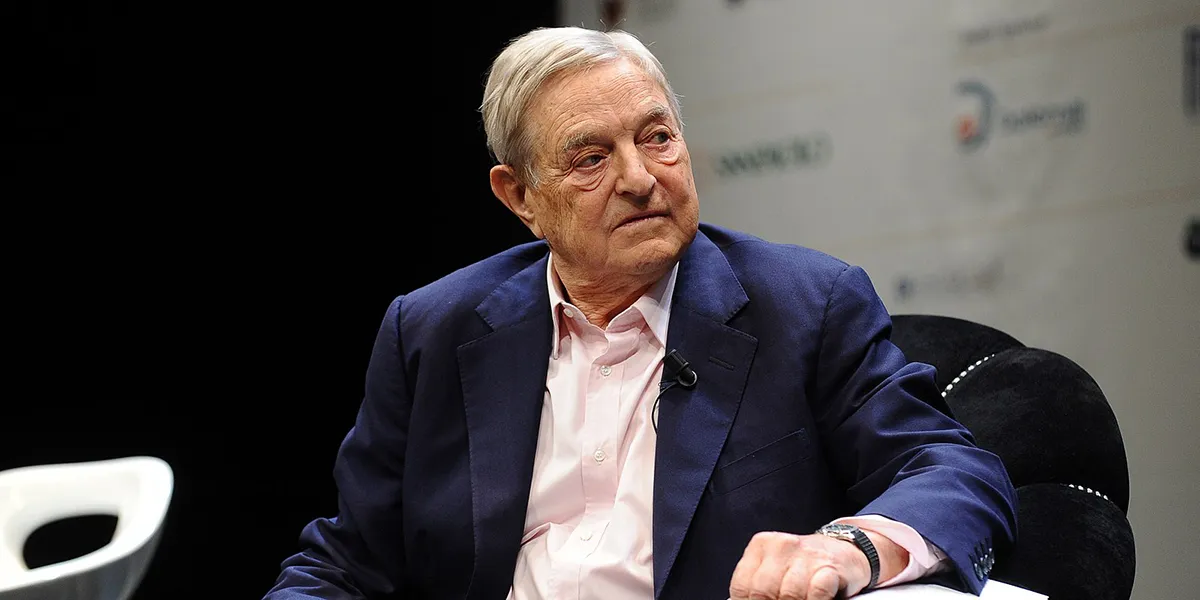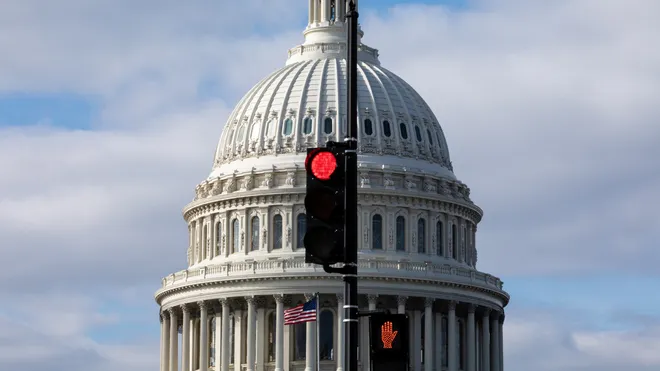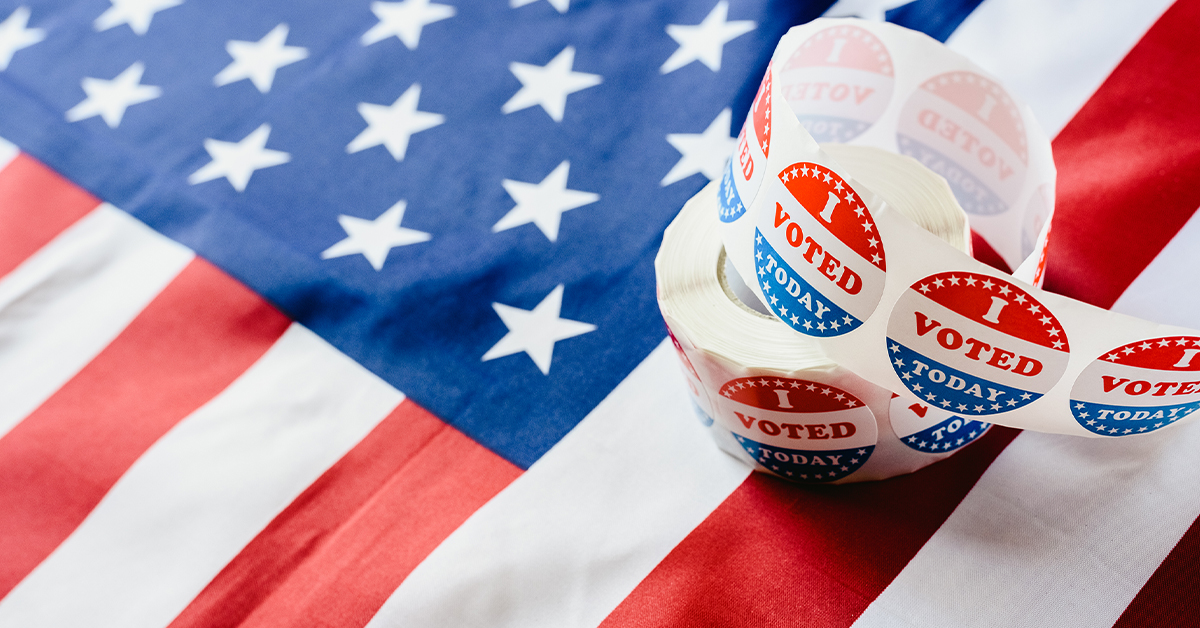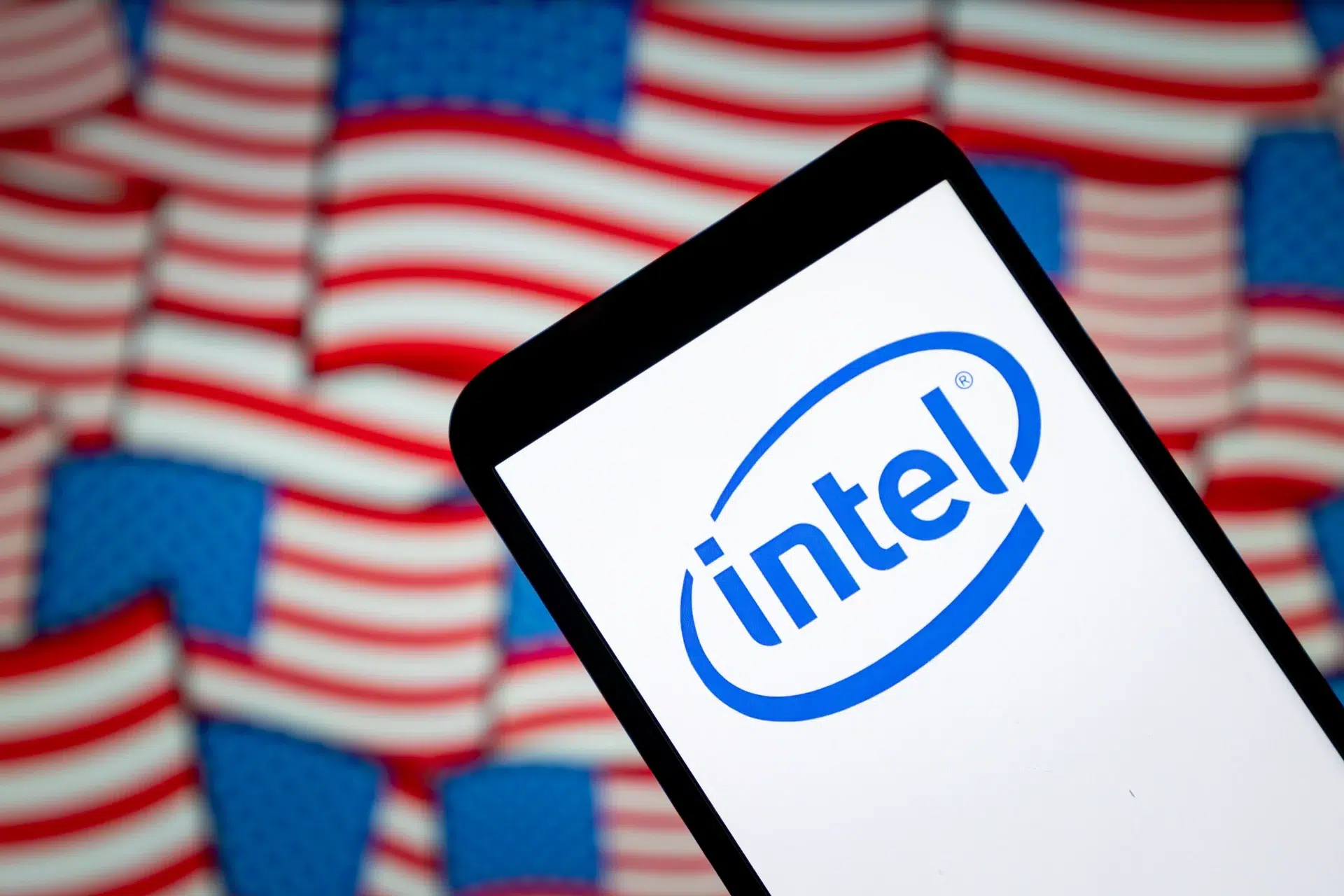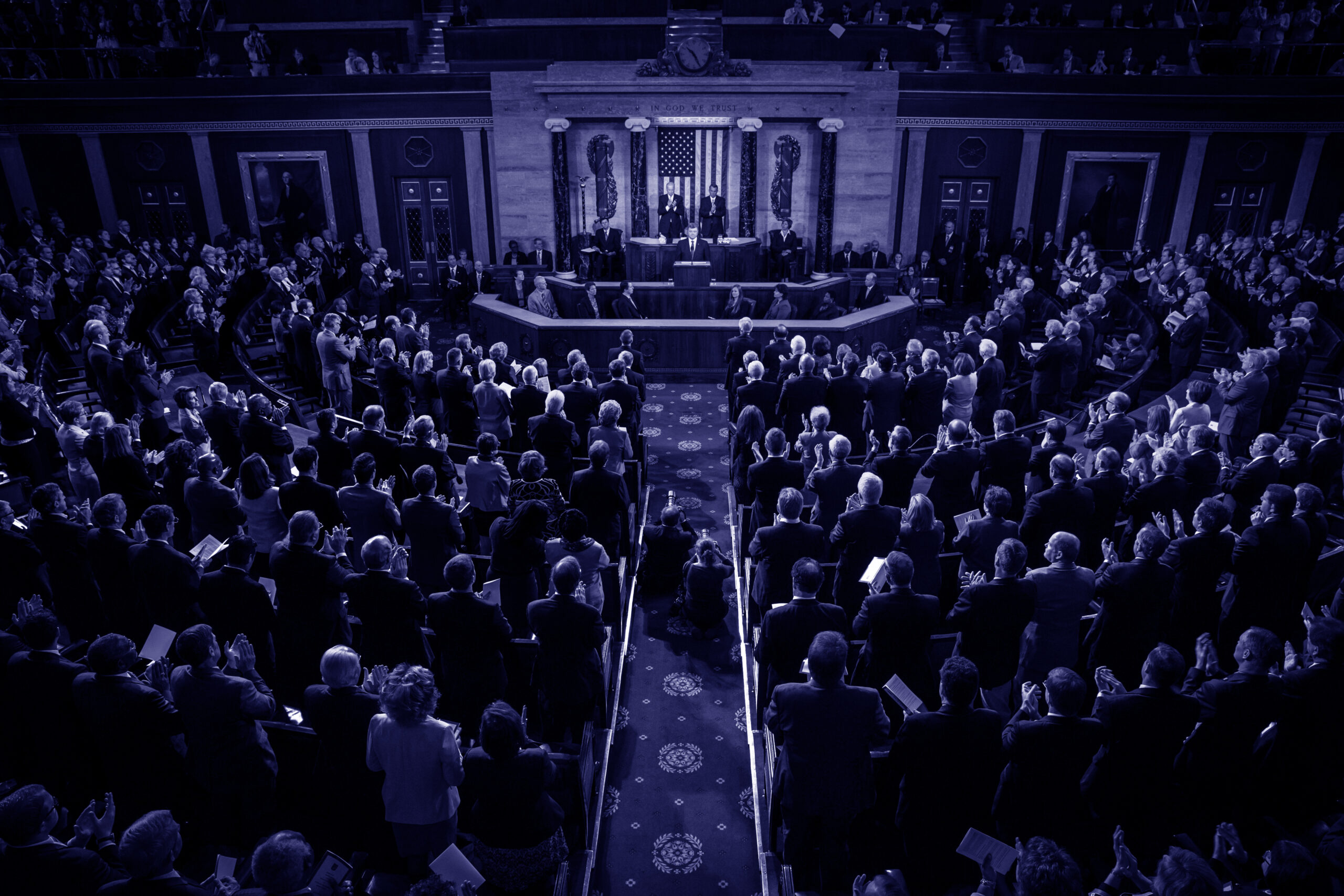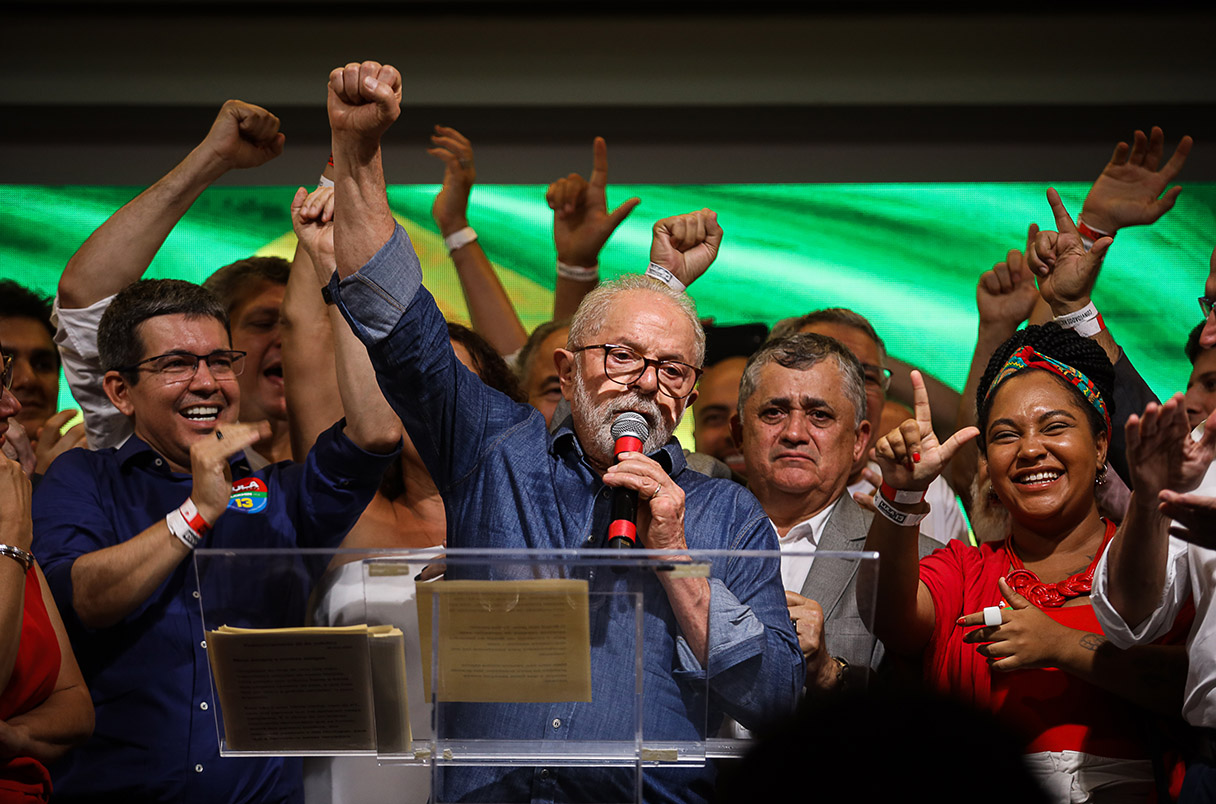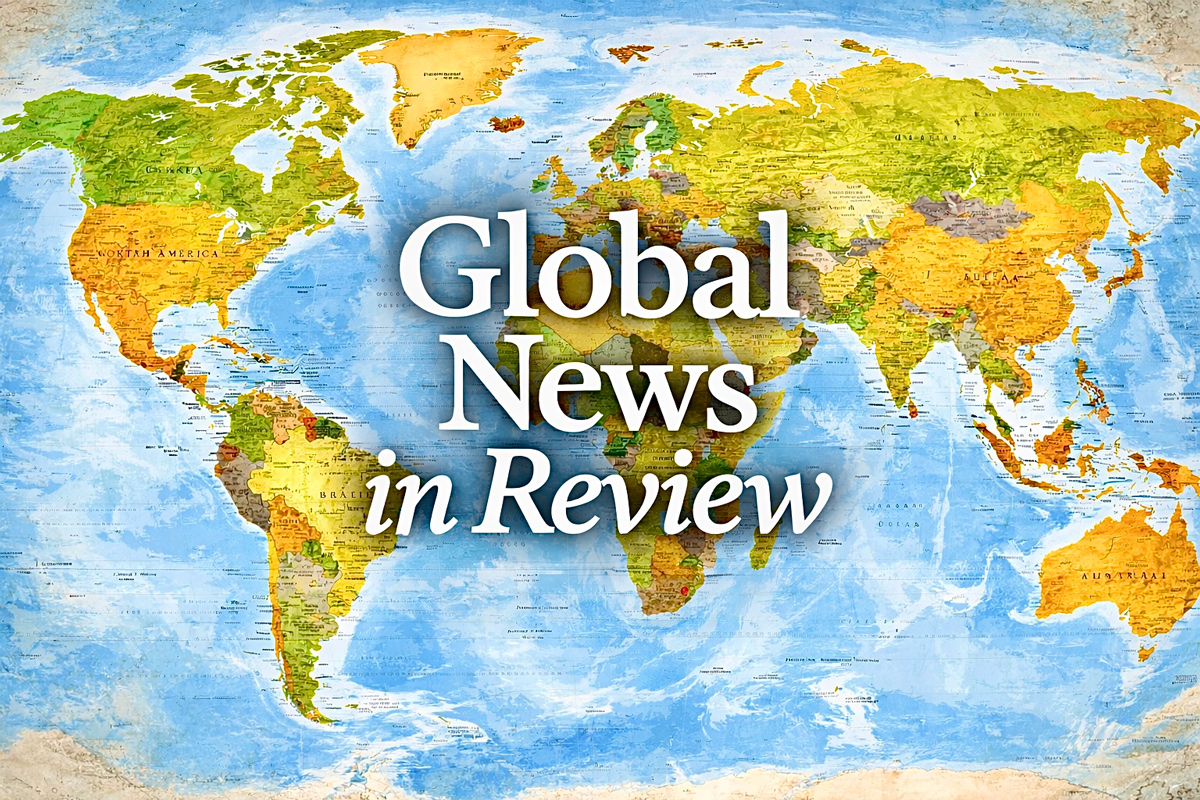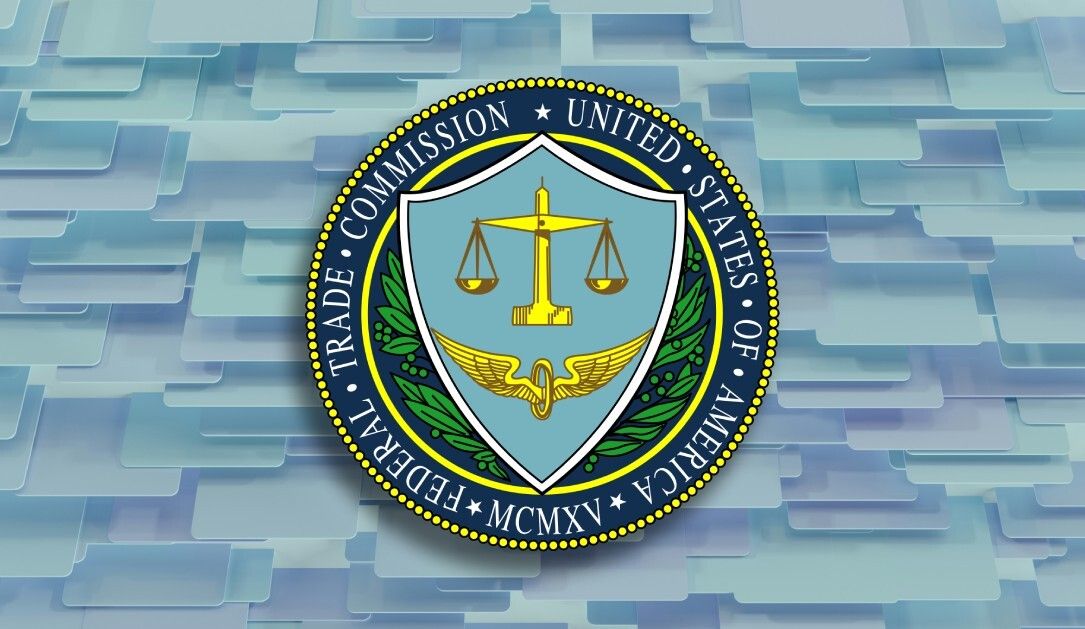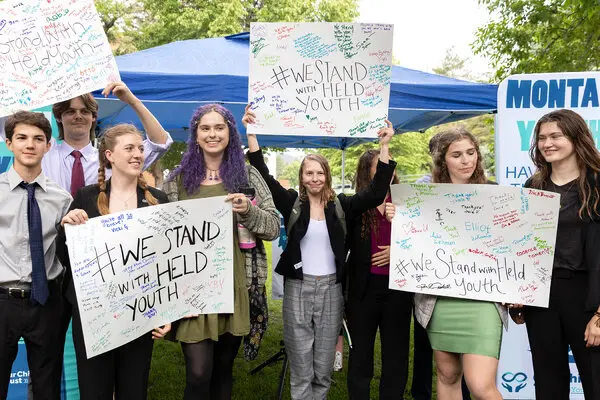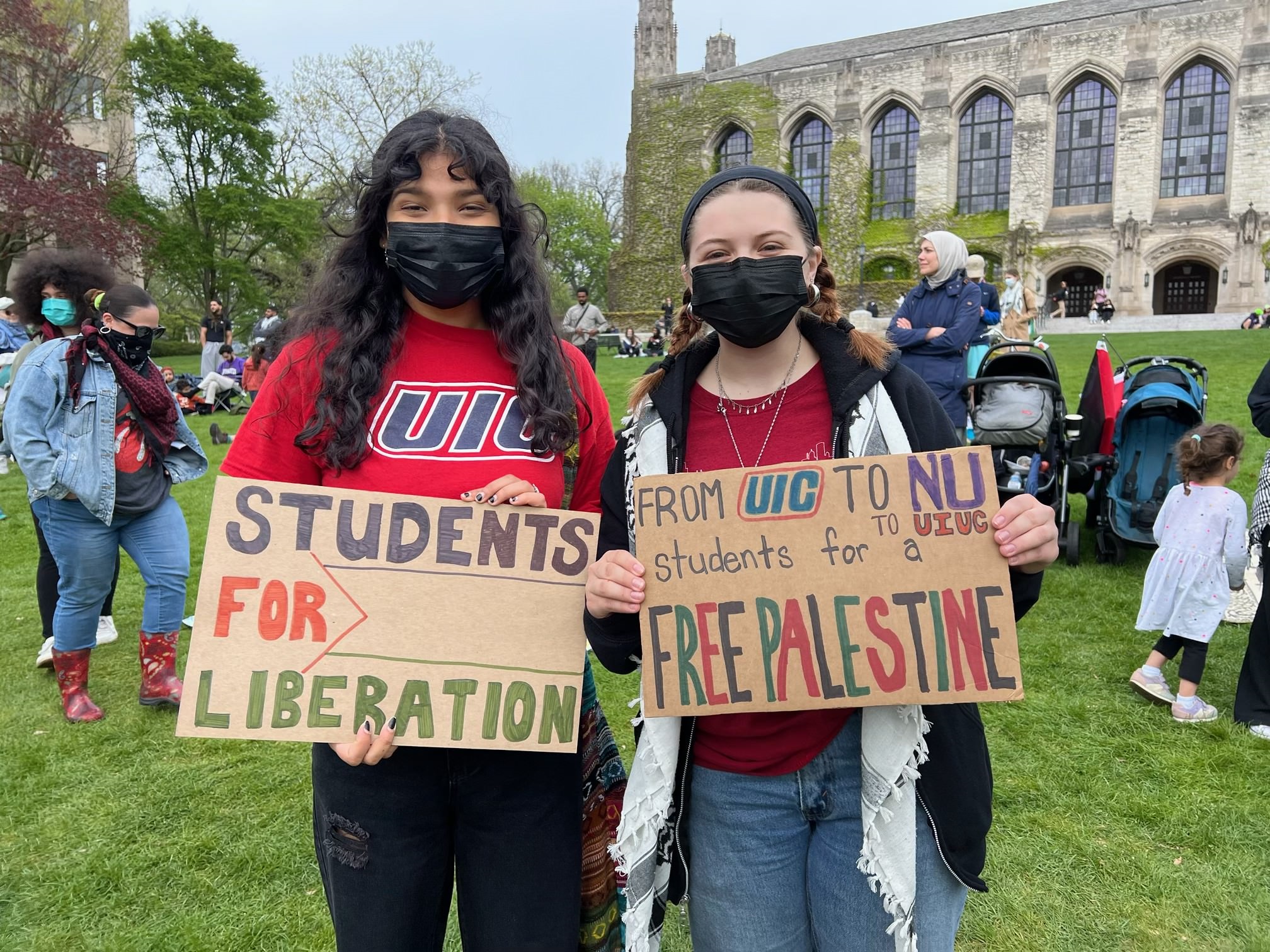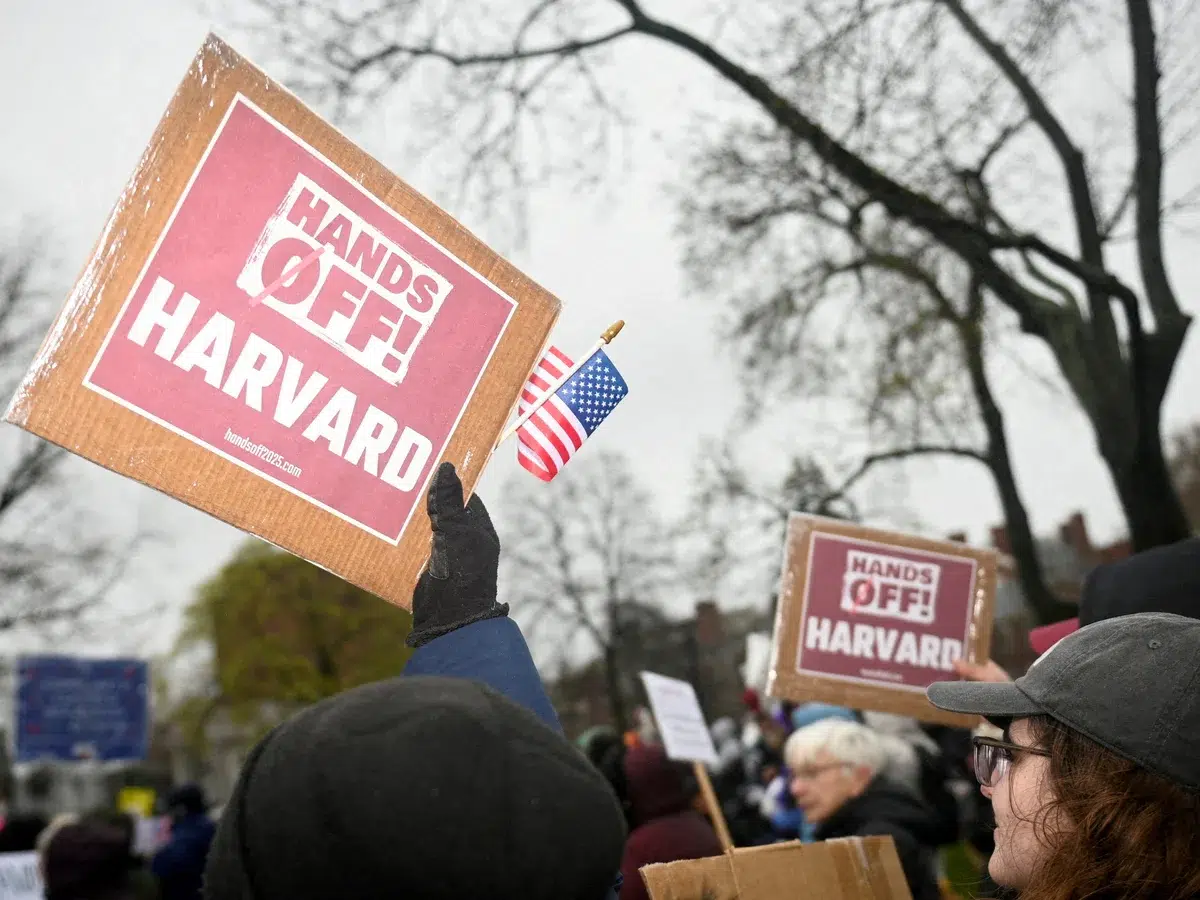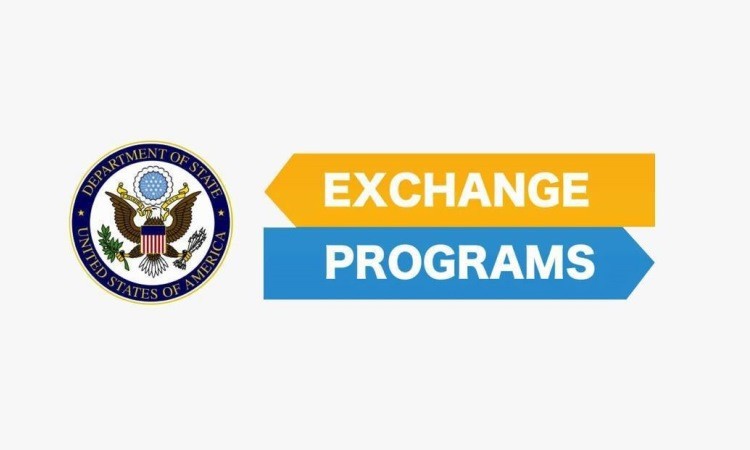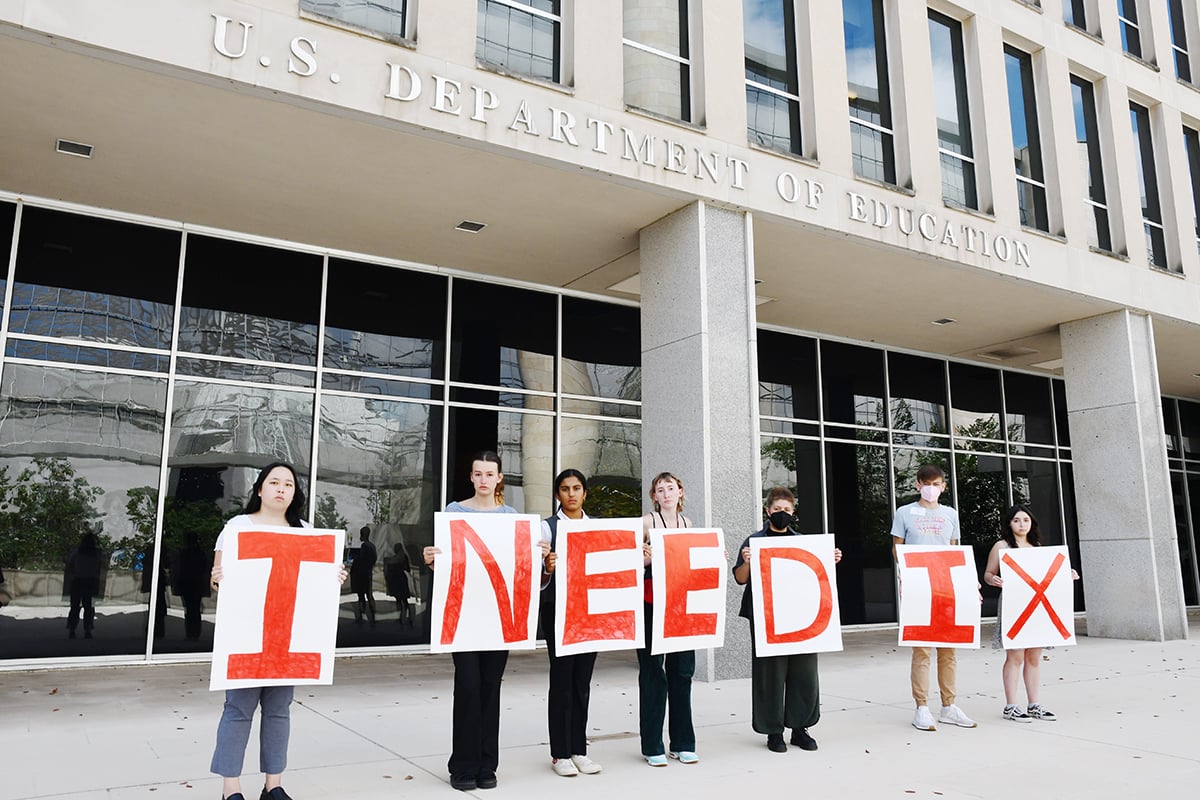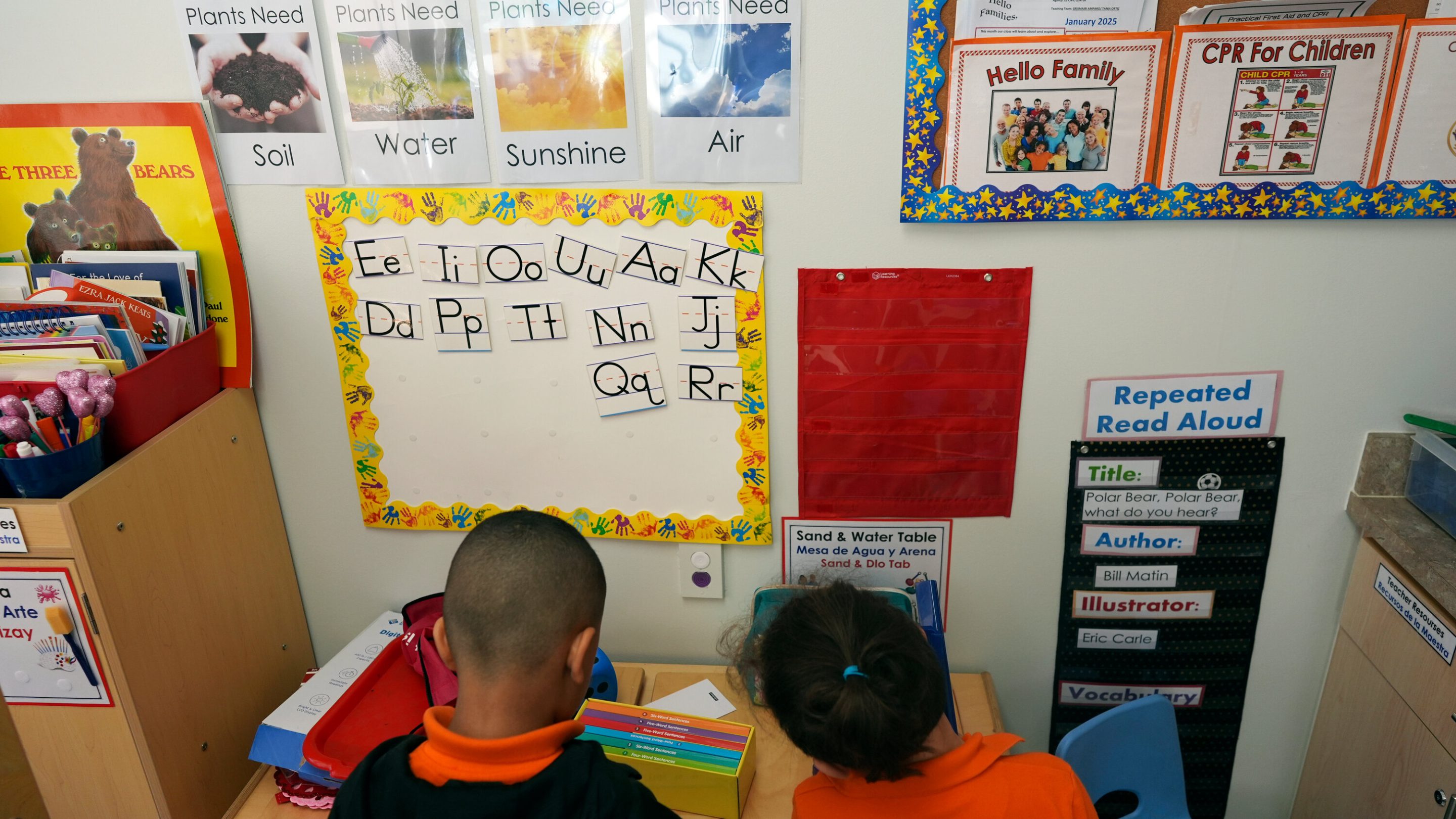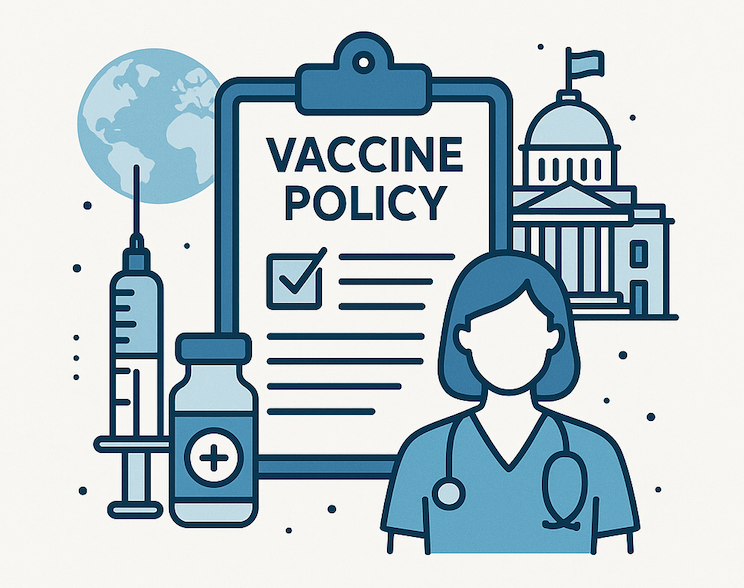USRESISTNEWSMaking Democracy Great Again: A Mission We Take To Heart

Keeping Democracy Alive

2026 Democratic Primary Preview Series
Profiles of Democratic candidates in 2026 state congressional elections.

Latest USRESISTNEWS and Analysis

Civil Rights

Elections & Politics

Foreign Policy

Foreign Policy
U.S. Deports Russian Dissidents who Face Prison or Draft in Russia (Foreign Policy Brief #223)
In October 2025, U.S. Department of Homeland Security reported on its official website that more than 2 million undocumented immigrants had already left the United States — including 1.6 million who voluntarily self-deported and more than 527,000 who were forcefully deported. “This is just the beginning,” Assistant Secretary Tricia McLaughlin proudly stated.
Breaking the Chains: Niger’s Pivot from Neocolonialism to Sovereignty (Foreign Policy Brief #224)
The July 2023 military takeover in Niger, led by General Abdourahamane Tchiani and the National Council for the Safeguard of the Homeland (CNSP), marked a significant setback for democratic governance in the Sahel. However, the removal of President Mohamed Bazoum must be viewed not merely as an isolated authoritarian power grab, but as a catalyst for a profound geopolitical realignment. In the two years since the coup, the CNSP has systematically dismantled long-standing security frameworks, resulting in the expulsion of French forces in late 2023 and the complete withdrawal of United States military personnel and the closure of key drone bases by September 2024.
The Week That Was: Global News in Review (Foreign Policy Brief #223)
Ukraine’s government has agreed to the core parts of a peace deal brokered by the Trump administration to end the now nearly four year long war. US officials have been meeting with both the Russians and Ukrainians in order to secure an end to the war. The plan was presented as a 28 point peace plan but upon revision by the Ukrainian side has been revised to a 19 point peace plan that no longer includes items such as amnesty regarding acts committed during the war. Ukraine as part of the deal has agreed not to increase the size of its military and will not join NATO under the updated plan.

Technology

Technology
Trump’s AI Executive Order and the Federal–State Power Struggle (Technology Policy Brief #161)
The Federal-State battle over AI regulation has heated up after President Trump signed an executive order on Dec. 11 that blocks states from enforcing their own regulations on artificial intelligence. The order seeks to create a “single national framework” for AI. However state lawmakers, tech experts, and civil rights organizations are worried about what this means for the country. Many believe that federal regulations could slow down America’s competitiveness in the global AI race and will have serious implications for national security.
Rideshare Drivers Organize As Earnings Decline (Technology Policy Brief #160)
When Uber and Lyft came on the scene, taxi drivers protested vociferously. Now it’s the rideshare drivers protesting, as their earnings go down and the threat of autonomous vehicles looms. Organizing by rideshare drivers has had some success, but how effective hard-won changes will be remains to be seen. Workers scored an apparent victory in securing collective bargaining rights in California. But a similar law in Massachusetts has yet to yield results and the California law was a compromise that included enormous giveaways to the companies.
The Potential Harm Posed to Society Due to the Inaccuracies of AI (Technology Policy Brief #159)
The future of Artificial Intelligence (AI) is not fully determined, but it will continue to have a significant impact on our society and the way we live. The ways it currently impacts society are through improvements in efficiency, productivity, and accessibility. Self-driving cars relying on AI, AI-powered robots are used to provide aid and assistance in the healthcare system, and AI security systems are used to automate threat detection, among other examples. Although AI creates positive advantages and impacts, it also creates negative effects. The negative effects cover the environment, employment and other fields. These examples are often caused by products that use and incorporate AI, but what (potential) harm is created due to inaccuracies within the actual systems of AI?

Environment

Environment
Is Trump trying to dig up the ocean? And what does the rest of the world think? “Seabed Mining” (Environment Policy Brief #185)
In keeping with the administration’s bull-in-a-China-shop approach to the environment, foreign policy, tariffs, and just about every other domestic and international issue, the Trump team now wants to dig up the bottom of the sea.
A Congressional Bill to Improve the Nation’s Water Infrastructure (Environment Policy Brief #185)
The official Environmental Protection Agency (EPA) report states that about 240,000 water main breaks occur each year in the United States. This highlights the urgent state of the nation’s water infrastructure. Rep. Salud Carbajal, D-Calif., introduced the Water Infrastructure Resilience and Sustainability Act (H.R. 5566) on Sept. 26, 2025. Rep. Carbajal, introduced the bill to modernize the aging water systems across the nation.The bill seeks to amend the Federal Water Pollution Control Act and the Safe Drinking Water Act.
Broad, Dramatic Changes Threaten the Environment as Trump Lifts Protections (Environment Policy Brief #184)
Dolphins in New York Harbor, whales breaching off Lower Manhattan, oysters thriving in the waters around New York City, and the Hudson River—long written off as dead—now supports fishing again. These signs of environmental recovery, while miraculous, all could slam into reverse as the latest Trump administration rollbacks take effect.

Education

Health & Gender

Health & Gender
A Review and Analysis of the Health Policies of RFK Jr. (Health & Gender Policy Brief #181)
Robert F. Kennedy Jr., confirmed on February 13, 2025, as U.S. Secretary of Health and Human Services under the Trump administration, launched a sprawling “Make America Healthy Again” (MAHA) agenda targeting chronic illness, food quality, and vaccine policy. His platform positions ultra‑processed foods (UPFs) and environmental toxins as primary drivers of America’s health crisis. Prominent proposals include banning UPFs in schools, nursing homes, and prisons; eliminating synthetic food dyes; restricting SNAP purchases of junk food; and overhauling the quintennial Dietary Guidelines to emphasize whole, minimally processed foods.
Current Abortion Laws and Their Challenge to Bodily Autonomy (Health & Gender Policy Brief #180)
Before the overturning of Roe v. Wade on June 24th, 2022, concerns were raised about the potential effects and consequences it would have on reproductive rights. After the overturning, those concerns have come into fruition, and have not only affected the rights to an abortion, but also the rights to bodily autonomy.
Utah, Fluoride, and the Public Water System Panic
Science is ever-evolving. When new information comes out, it is protocol to test it rigorously and check every assumption along the way. But what happens when the public takes a single new data point as gospel?

Immigration

Immigration
Quantity Over Justice: The Coming ICE Expansion (Immigration Policy Brief #190)
If you have been following the news surrounding Trump’s so-called “Big Beautiful Bill,” one of the provisions you would see is the $170 billion for immigration enforcement & border security. Of this $170 billion, approximately $75 billion represents an increase in funding to ICE, making it the highest-funded law enforcement branch of the federal government. The funding for ICE is intended to build more detention centers, aid in retention through bonuses, & expand the total number of personnel.
It Is Not an Invasion: How Undocumented People Got Here, Where They Live, & Why They Stay (Immigration Policy Brief #145)
According to estimates from Pew & the American Community Survey, there are between 10.5 & 11 million undocumented people living in the United States. For perspective, that’s fewer—by about 2 million—than the population of the L.A. metro area. On the one hand, that’s a large number; on the other, it’s far from an invasion in a country of 340 million people.
Justice Delayed: The Mounting Crisis of America’s Immigration Court Backlog (Immigration Policy Brief #144)
There are over 3 million cases currently pending in U.S. immigration courts, with the trend steadily rising since 2012, according to Syracuse University’s TRAC project. These cases reflect more than just bureaucratic dysfunction—they represent a failing immigration system. The problem goes beyond inefficient government & red tape; it’s a legal & human rights crisis affecting families, asylum seekers, & entire communities.

Economic Policy

Economic Policy
How Elon Stays in Business (Economic Policy Brief #89)
Elon Musk’s corporate empire—Tesla, SpaceX/Starlink, X, Neuralink and the Boring Company—has become a single, privately steered ecosystem whose combined annual revenues now rival the GDP of a midsize nation.
No Capital Gains Tax in Texas: What It Means for Businesses and Residents (Economic Policy Brief #88)
In 2025, the Texas Legislature passed House Joint Resolution 6 (HJR 6), placing a proposed constitutional amendment on the ballot for the November 4, 2025, election. If approved by voters, the amendment would permanently prohibit Texas from ever imposing a tax on individuals’ net capital gains.
The Hidden Burden: How Tariffs Hurt Marginalized Communities and Lower-Income Americans (Economic Policy Brief #87)
Since his re-election in 2024, President Donald Trump has reignited a trade war strategy similar to his first term, escalating tariffs against China, Mexico, and the European Union.

Making Democracy Great Again
"*" indicates required fields

